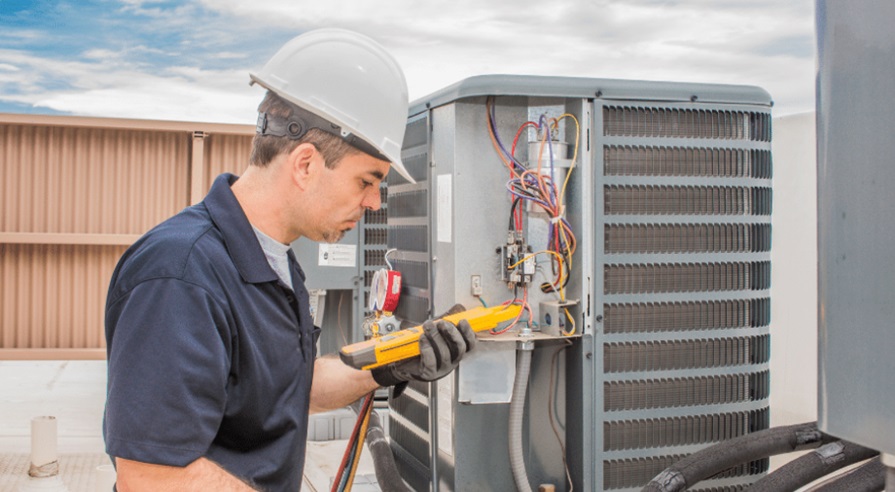A malfunctioning HVAC system can be a major concern, especially when it affects indoor comfort. Homeowners often face the dilemma of whether to opt for HVAC repair in Tipp City or invest in a full replacement. The right decision depends on several factors, including the system’s age, efficiency, and the cost of repairs. Understanding the pros and cons of each option can help you make an informed choice while ensuring long-term comfort and savings.
Key Signs Your HVAC System Needs Attention
Before deciding between repair and replacement, it’s essential to recognize the warning signs of a failing HVAC system. Ignoring these signs can lead to higher energy bills and reduced performance.
Frequent Repairs and Rising Costs
If your HVAC system requires constant repairs, the costs can quickly add up. A well-maintained system should not need frequent servicing. When repair expenses approach 50% of the cost of a new system, replacement might be the better option.
Age of the System
The typical lifespan of an HVAC unit is 10-15 years. Older systems tend to lose efficiency and require more repairs. If your unit is nearing the end of its lifespan, upgrading to a new energy-efficient model can provide better performance and lower utility bills.
Declining Energy Efficiency
An increase in energy bills despite normal usage often indicates an inefficient system. Upgrading to a modern unit with higher SEER ratings can significantly reduce energy consumption and improve overall comfort. Regular HVAC maintenance is also crucial for system efficiency, and scheduling inspections at the right time of the year can prevent costly breakdowns.
When Should You Choose HVAC Repair?
Repairing your HVAC system is often the best choice when the issue is minor and does not compromise efficiency. Here are some scenarios where repair is preferable:
Minor Component Failures
Replacing parts such as a capacitor, thermostat, or motor can restore the system’s functionality without the need for a full replacement. If the system is relatively new and under warranty, repairing is the most cost-effective solution.
Recent Installation
If your HVAC unit is less than 10 years old, repair is usually recommended over replacement. Modern systems are designed for longevity, and minor repairs can extend their lifespan.
Adequate Performance
If your unit still cools or heats your home effectively, repairing small issues can help maintain its performance without the need for a costly upgrade.
When Is HVAC Replacement the Better Choice?
While repairs may work for some systems, replacement becomes a better investment in specific cases.
High Repair Costs
If your system experiences frequent breakdowns and requires expensive repairs, a replacement could be more economical. Investing in a new unit eliminates the hassle of ongoing maintenance expenses.
Outdated Technology
Older HVAC systems lack the advanced technology of modern models. Newer units offer smart thermostat compatibility, better energy efficiency, and improved air quality. With emerging HVAC innovations, homeowners can now enjoy systems with enhanced performance and lower environmental impact.
Uneven Heating or Cooling
If certain areas of your home are consistently too hot or too cold, it could be a sign that your HVAC system is no longer capable of distributing air efficiently. A replacement ensures balanced indoor comfort throughout the home.
Conclusion
Choosing between HVAC repair and replacement depends on multiple factors, including cost, system efficiency, and expected longevity. Consulting a professional can provide valuable insights into the best course of action. Regular maintenance, timely inspections, and staying informed about industry advancements can help you optimize your HVAC system’s performance while keeping energy costs in check.

